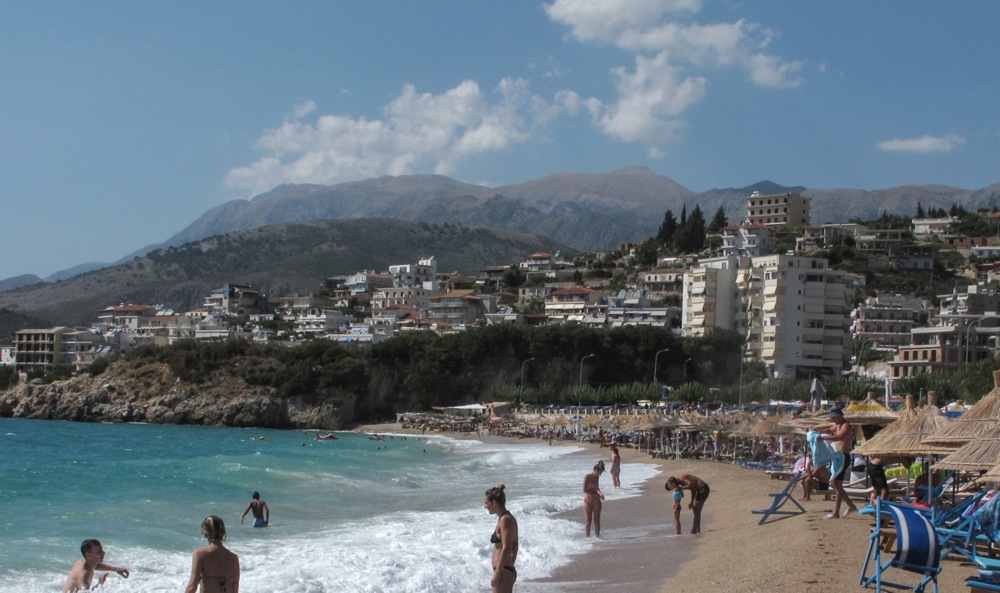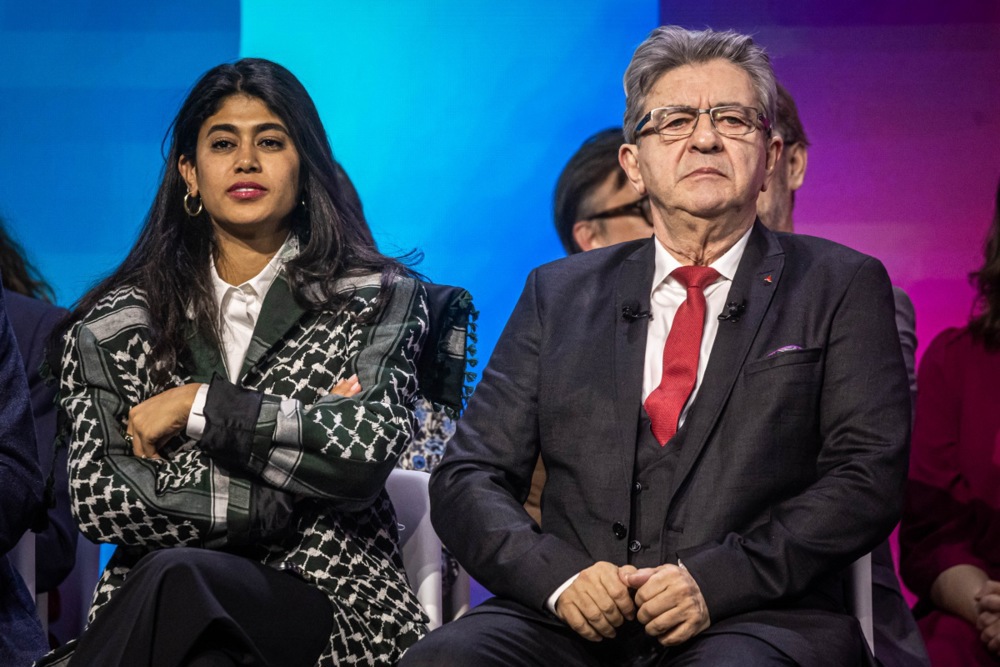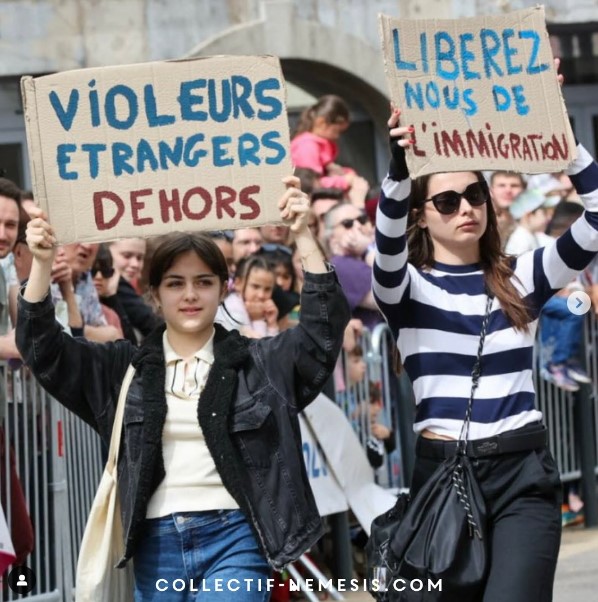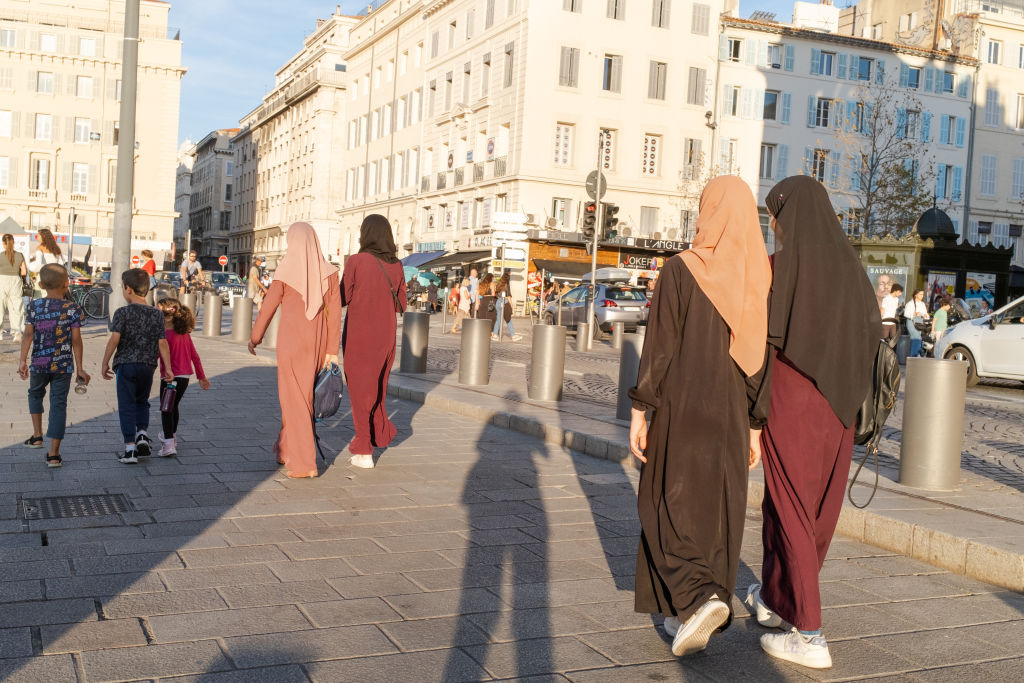A poll in France shows that the electorate is far from enthusiastic about the upcoming European Parliament elections in June.
The poll was conducted online by Viavoice, commissioned by France 24, RFI, MCD, France Télévisions and Radio France from April 19 to 24, involving 2,000 people residing in metropolitan France. Respondents formed a representative sample of the French population aged 18 and over.
“The French, in a context conducive to pessimism, lack information about the European elections and the role of the European Parliament,” France 24 noted of the results.
Around a month before the EU elections, only 49 per cent of French people polled said they were interested in the European elections, with 48 per cent saying they were not.
Most interested were those older than 65, with 60 per cent expressing such. Of those aged between 35 and 49, just 38 per cent indicated interest.
Priority issues expressed for the elections were the economy (49 per cent of respondents) and migration (44 per cent), the environment (38 per cent), defence (36 per cent), agriculture (33 per cent) and energy (32 per cent). The war in Ukraine was cited by 28 per cent of respondents as a priority.
When asked follow-up questions, the results indicated respondents’ lack of interest was connected to a lack of knowledge regarding the European Union and its bodies.
Just 45 per cent of those asked knew who Ursula von der Leyen was – the European Commission President – and only 8 per cent knew Roberta Metsola was the European Parliament President.
Some 46 per cent of those polled mistakenly thought that the elections enabled the public to choose EC members.
Alongside that, 60 per cent thought the election took place over two rounds, similar to presidential elections in France.
Of respondents, 79 per cent said they were not at all or only poorly informed about affairs regarding the European Parliament and only about one in five was able to name a major vote passed by the body in the last five years.
They also had difficulty naming French politicians active in Europe. Most recognisable among those polled was Jordan Bardella, of Rassemblement National (RN), who could be named by 39 per cent. Valérie Hayer of French President Emmanuel Macrons’ Renaissance list came in second, at 22 per cent.
Of those who stated they did know who the top candidates were, the scores were better, with 62 per cent indicating they knew or thought they knew who Bardella was.
Other MEPs fared worse; 82 per cent of respondents were unable to name a single French MEP.
Of the 18 per cent who said they could, 10 per cent answered Marine Le Pen, who left the EP in 2017, and 6 per cent said just “Le Pen”, despite not a single person from that family operating in the current parliamentary term.
When asked about the future, 64 per cent said they believed the European economy would slow in the following months, with 35 per cent expecting the rate of such to be considerable.
Some 55 per cent of respondents said the EU’s status on the world stage would deteriorate in the coming months, up 11 points from a similar poll in June 2022.
A majority of 62 per cent thought that the EU offered added value regarding scientific and technological innovation, with 22 per cent believing it did not.
Some 54 per cent of the respondents said they felt the same was true with regards to peace.
But only 37 per cent thought the EU was a major economic power, with 47 per cent saying it was not.
Likewise, 42 per cent were sceptical about the EU’s role in the fight against discrimination while 36 per cent called it a strength. Among those polled, 51 per cent said the bloc was weak in light of social challenges, against 30 per cent saying it was illustrated strength.
When asked about reform proposals, a carbon tax on imported products was the most popular, with 65 per cent of respondents in favour.
That was closely followed by a call for a European energy policy (61 per cent), the establishment of a European army (59 per cent), the implementation of a common fiscal policy (52 per cent) and the introduction of a European minimum wage (51 per cent).
Less popular were proposals for a new asylum and immigration pact (47 per cent) or a unified health system (45 per cent).





